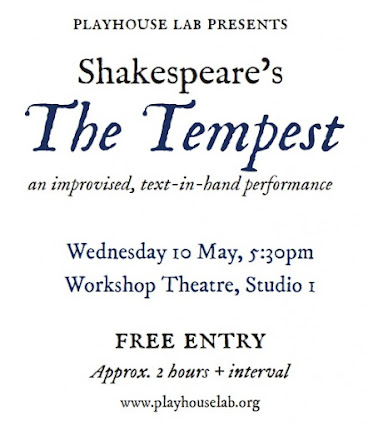The Northern Theory School: Foucault’s Iran: Religion, Politics, Revolution 17 December 2013
A workshop on Michel Foucault’s writings on the Iranian Revolution led by Professor Michael Dillon (Lancaster University).
In 1978, Michel Foucault visited Iran twice as the Revolution began to unfold and subsequently interviewed the Ayatollah Khomenei in his Paris exile. He went on to write some 15 articles for the Corrierre della sera, Le nouvel observateur and Le monde reflecting upon the implications of the Islamic Revolution. To be sure, Foucault’s writings upon Iran are now some of the notorious in his body of work and have been roundly criticised by scholars for at best political naivete and at worst complicity with Khomenei’s regime. However, after more than 30 years of radical political Islamism of all persuasions, the ‘Iranian’ Foucault also begins to seem remarkably prescient, almost prophetic: Foucault was arguably one of the first western thinkers to grasp the complex nexus of religion and revolutionary politics that has become one of the defining challenges to neo-liberal modernity. What, then, are we to make of the Iranian Foucault today? How might we read it in the light of subsequent debates around resistance, biopolitics, political theology, not to mention a new set of revolutions in the Middle East? Why does Foucault speak of a new ‘political spirituality’ beginning to be born in the Islamic Revolution?
2-5 pm, Tuesday 17th December, Faculty of Arts and Social Sciences, Lancaster University.
Please note: this event is free but places are strictly limited. In order to reserve a place, contact Arthur Bradley on a.h.bradley@lancaster.ac.uk.
More information: http://www.northerntheoryschool.co.uk/
In 1978, Michel Foucault visited Iran twice as the Revolution began to unfold and subsequently interviewed the Ayatollah Khomenei in his Paris exile. He went on to write some 15 articles for the Corrierre della sera, Le nouvel observateur and Le monde reflecting upon the implications of the Islamic Revolution. To be sure, Foucault’s writings upon Iran are now some of the notorious in his body of work and have been roundly criticised by scholars for at best political naivete and at worst complicity with Khomenei’s regime. However, after more than 30 years of radical political Islamism of all persuasions, the ‘Iranian’ Foucault also begins to seem remarkably prescient, almost prophetic: Foucault was arguably one of the first western thinkers to grasp the complex nexus of religion and revolutionary politics that has become one of the defining challenges to neo-liberal modernity. What, then, are we to make of the Iranian Foucault today? How might we read it in the light of subsequent debates around resistance, biopolitics, political theology, not to mention a new set of revolutions in the Middle East? Why does Foucault speak of a new ‘political spirituality’ beginning to be born in the Islamic Revolution?
2-5 pm, Tuesday 17th December, Faculty of Arts and Social Sciences, Lancaster University.
Please note: this event is free but places are strictly limited. In order to reserve a place, contact Arthur Bradley on a.h.bradley@lancaster.ac.uk.
More information: http://www.northerntheoryschool.co.uk/



Comments
Post a Comment